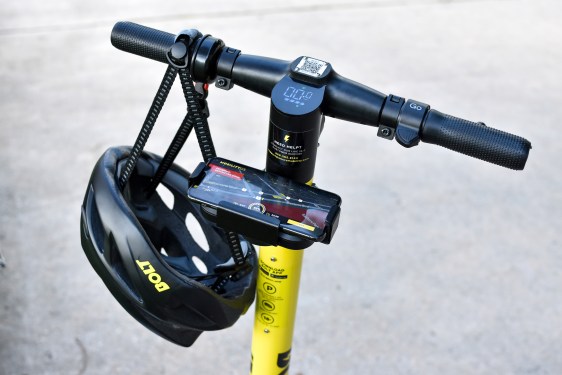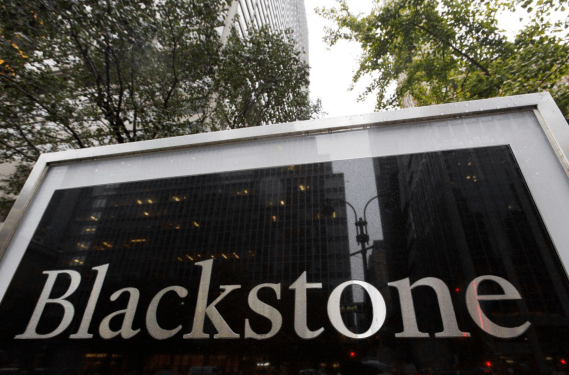The article discusses the struggles of micromobility companies, specifically scooter and e-bike sharing startups, which have seen a boom-and-bust cycle similar to China’s bike-sharing industry. The article highlights three main players: Bolt, Lime, and Bird, all of which have faced significant challenges in converting early revenue into gross profit.
Here are the key points from the article:
- Bolt’s demise: The article notes that Bolt, a relatively small player with a smaller capital base, was unable to make it despite raising hundreds of millions of dollars.
- Lime and Bird struggles: Both Lime and Bird have faced significant challenges in converting early revenue into gross profit. Lime has been stuck between the private and public markets, while Bird is at risk of delisting despite its own record of epic fundraises.
- The micromobility game: The article argues that the micromobility game is a tech-enabled business that has struggled to create an efficiency that can be monetized on a high-margin basis.
- Boom and bust cycle: The article notes that this boom-and-bust cycle is not unique to the US or Europe, as China’s bike-sharing industry experienced a similar fate.
- Lessons learned: The article concludes that startups should focus on creating a sustainable business model rather than relying on early revenue growth.
Overall, the article suggests that the micromobility industry has been overhyped and that many companies have failed to create a viable business model.



